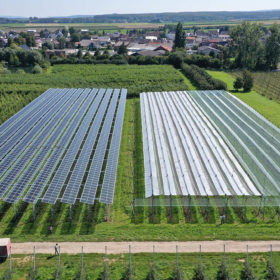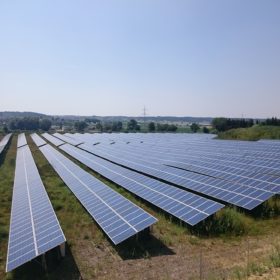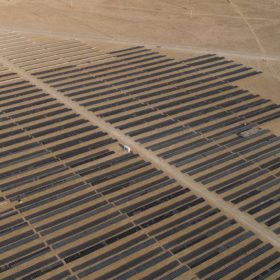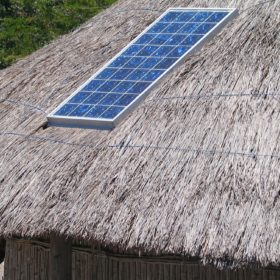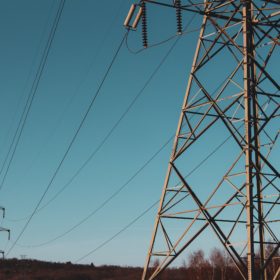COP27 was a crucial step forward for hydrogen – here’s why
Three import deals signed by the EU at Sharm El Sheikh during this month’s COP27 summit show the European Union is serious about harnessing green hydrogen for its heavy industry, and about distributing the fruits of the energy transition on an equitable basis.
It’s time to bin the false agriculture vs solar debate
With the last incumbent to enter and leave the revolving door of UK prime ministers having caused alarm by reportedly preparing plans to effectively ban big solar on farmland, Harald Överholm, CEO of clean energy company Alight, says politicians need to put discredited arguments behind them and get on with the urgent business of shoring up energy security.
In Asean nations it’s all about the solar
Indonesia will have to get to work installing more than 24 GW of solar this year – and every year – if the region is to achieve the 2.1 TW to 2.4 TW of photovoltaics Irena has estimated it will require to achieve a net zero carbon energy system by 2050.
Solar companies consider reduced income to help UK households
Solar Energy UK members have made positive noises about a plan to shift historic, fixed-payment incentive contracts over to contracts-for-difference deals, which would limit the profits they would receive from soaring energy prices.
UK steelmakers could be spared from clean energy costs
The United Kingdom’s most energy-intensive manufacturers, already exempt from 85% of the contributions paid by other companies for green incentive schemes, could be spared from them entirely, according to a new consultation exercise.
Uzbekistan is steaming ahead in the race to carbon neutrality
The war in Ukraine continues to disrupt the global energy sector and, combined with the recent heatwaves affecting Europe, the need to restructure economies is starker than ever. Luckily, there are some countries that have kept working on their energy transition reforms and taking tangible actions towards tackling climate change. Uzbekistan is one of them.
Irena gives latest update on stark chances of electricity access for all by 2030
The International Renewable Energy Agency’s latest annual report on the progress towards UN sustainable development goal seven estimates 670 million people will still lack electricity in 2030, and more than 2 billion will be reliant on unhealthy, polluting cooking methods.
Green investors eyeing up Australia following election results
The remarkable results of what is already being called a ‘historic’ 2022 federal election have put Australia “back on the map” in the eyes of big low-carbon investors.
About 400 GW of solar, wind needed per year to keep mercury rise below 1.5 C
Academics in Denmark and Berlin have calculated Europe will need 400 GW of new solar and wind facilities per year from 2025 to 2035 to contribute to capping global temperature rises, in line with the Paris Agreement.
Fluid gas market situation casts shadow over EU energy system models
With each of the 10-year network development plans produced by Europe’s electricity transmission system operators years in the making, the latest such publication may already be out of date as the bloc prepares to fast forward its energy security and climate change ambitions.

